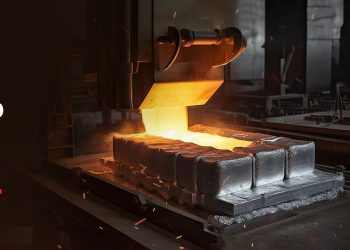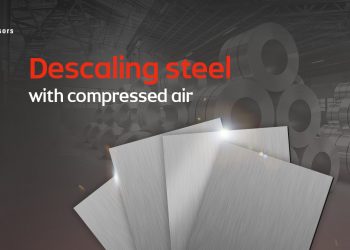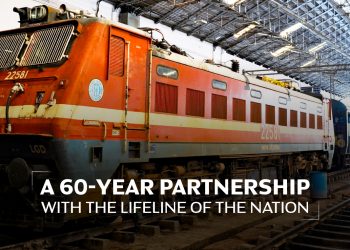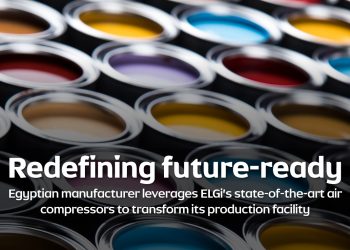Standing Tall
ELGi helps build a rock-solid foundation for the Gulf Cement Company
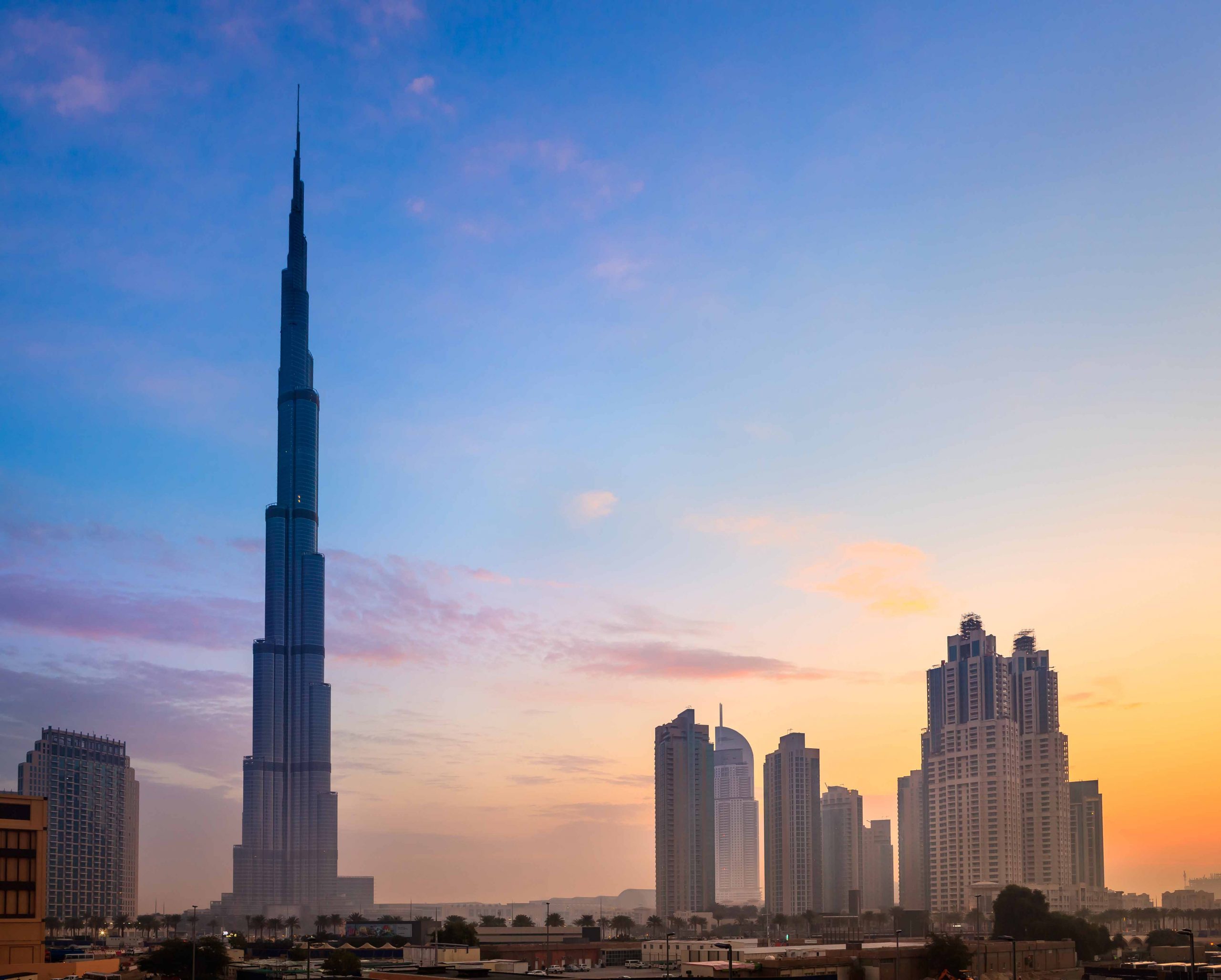
We live in a ‘VUCA’ world - a managerial term that became increasingly popular following the global financial crisis of 2007-08. The acronym perfectly describes the sheer uncertainty in the business world. The countries in the Gulf Cooperation Council are no strangers to VUCA. Owing to the wide fluctuations in oil prices over the last few years, economic diversification has been a priority. Governments are investing heavily in infrastructure and boosting exports of non-oil commodities. The fate of the cement industry in the Arab Gulf is inseparably linked with these events.
In any country, the cement sector is a reliable barometer of economic activity. Evidently, a recovering real estate market and resurgence of large infrastructural projects have bolstered demand in the cement and construction sector. The demand is high, competition fierce and energy costs on the rise. In this exceedingly challenging environment, Gulf Cement Company — one of the largest producers of cement in the UAE and the Arab world — is hard-pressed to deliver. With the likes of Burj Khalifa and Dubai airport under its belt, the cement giant is currently associated with some of the most high profile projects underway. Needless to say, the company needs to ensure continual supply of cement, matching the rapid, almost unprecedented pace of development in the region.
As one walks across Gulf Cement Company’s production plant in UAE, at every step there is an application powered by compressed air. The cement industry is said to be the most energy intensive in the manufacturing sector. With compressed air accounting for about 30% of power consumption in a cement production plant, the choice of air compressors can be a game changer in terms of production costs and overall profit margins. “A big chunk of our total power is consumed by air compressors, so it is mandated for us to source air compressors that offer better power savings,” says the Maintenance Manager at the plant.
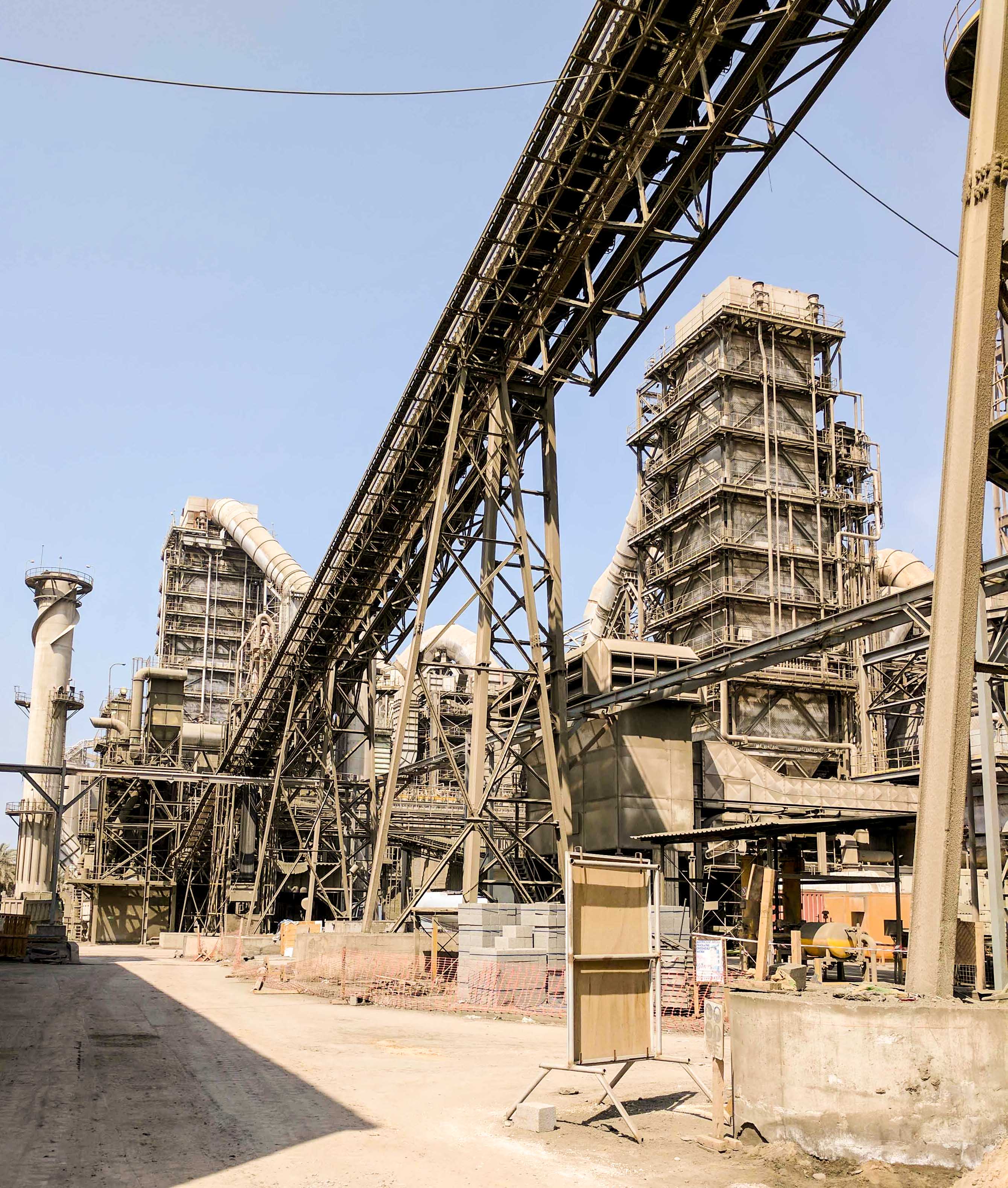
Air compressors are put to perform on continuous loads to run steam turbines, waste heat recovery systems, and the clinker and cement manufacturing processes. Extreme temperatures in the region — peaking at 122°F in summers and falling to as low as 34°F in winters — make it all the more challenging for machines to perform. This calls for experts in the air compressor business who understand the rigors and demands of the job.
With ELGi’s unsurpassed reputation of providing the lowest operating cost, design efficiency and prompt service, Gulf Cement Company trusts ELGi for its needs. ELGi’s association with Gulf Cement Company dates back to 2006, with 13 air compressors including both oil lubricated and oil-free screw air compressors of capacity ranging between 37 kW to 200 kW. Few of the ELGi’s older screw compressors installed in the facility have clocked over 60,000 hours, and still continue to perform successfully.
When building towering structures, quality of building materials is paramount. Elaborating on the role air compressors in dictating the quality of the cement, the Maintenance Manager at the plant explained: “Increase in level of moisture content in cement impacts the quality of cement adversely and also affects the performance of instruments like solenoid valves which are predominantly used in several points of applications to enable process automation. ELGi air compressors make sure the moisture content is maintained well within the acceptable limits of the industry.”
Minimizing the risk of downtime in a cement production facility is increasingly important, as downtime losses can start to add up. “Uninterrupted supply of cement is a key element to be a part of landmark projects and air compressors play a vital role in ensuring the same,” says the manager. “ELGi machines are very crucial for our process and in most cases these compressors are set to run continuously.”
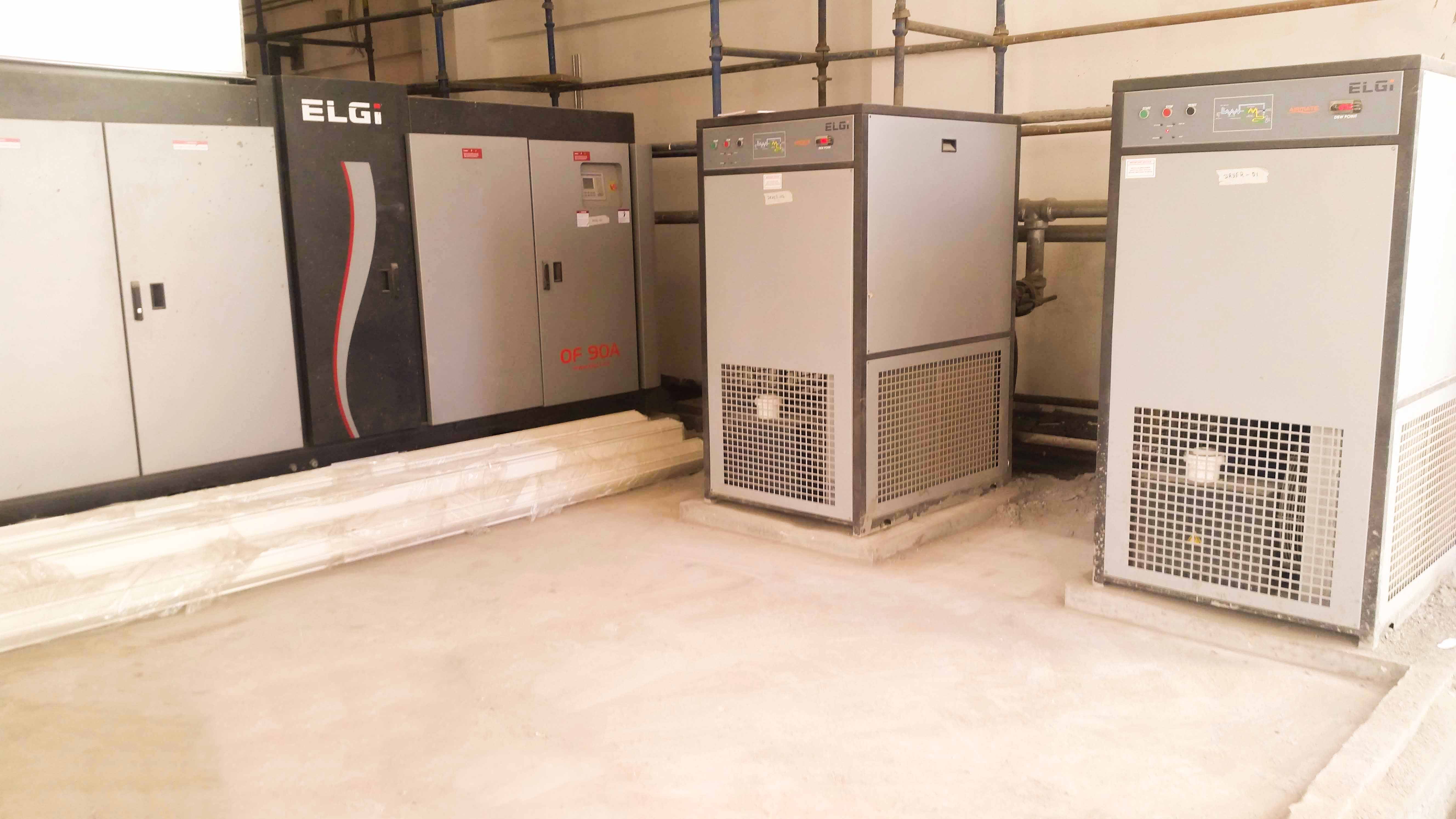
This is where the after-sales service comes into play. ELGi’s extensive service network promises maximum uptime, helping optimize operations at the plant. “ELGI team is always right there to offer us with continuous support to enable our operations run interrupted and their swiftness of response is commendable,” he commented.
For the cement industry in the Gulf countries, the need of the hour is a renewed focus on energy savings. Purchasing decision makers of leading cement companies are making no compromises — they demand nothing less than maximum energy efficiency, lowest lifecycle cost and infallible service. It’s important for the sector to prepare for any economic curve balls thrown its way. And the Gulf Cement Company is leaving no stone unturned.
The stakes, after all, are sky-high.
Sources:
http://www.globalcement.com/magazine/articles/917-the-growing-cement-industry-of-the-uae
http://www.globalcement.com/news/itemlist/tag/UAE
http://blogs.wsj.com/middleeast/2013/11/28/what-does-hosting-world-expo-2020-mean-for-dubai/
https://economicpakistan.wordpress.com/2008/02/12/cement-industry/

